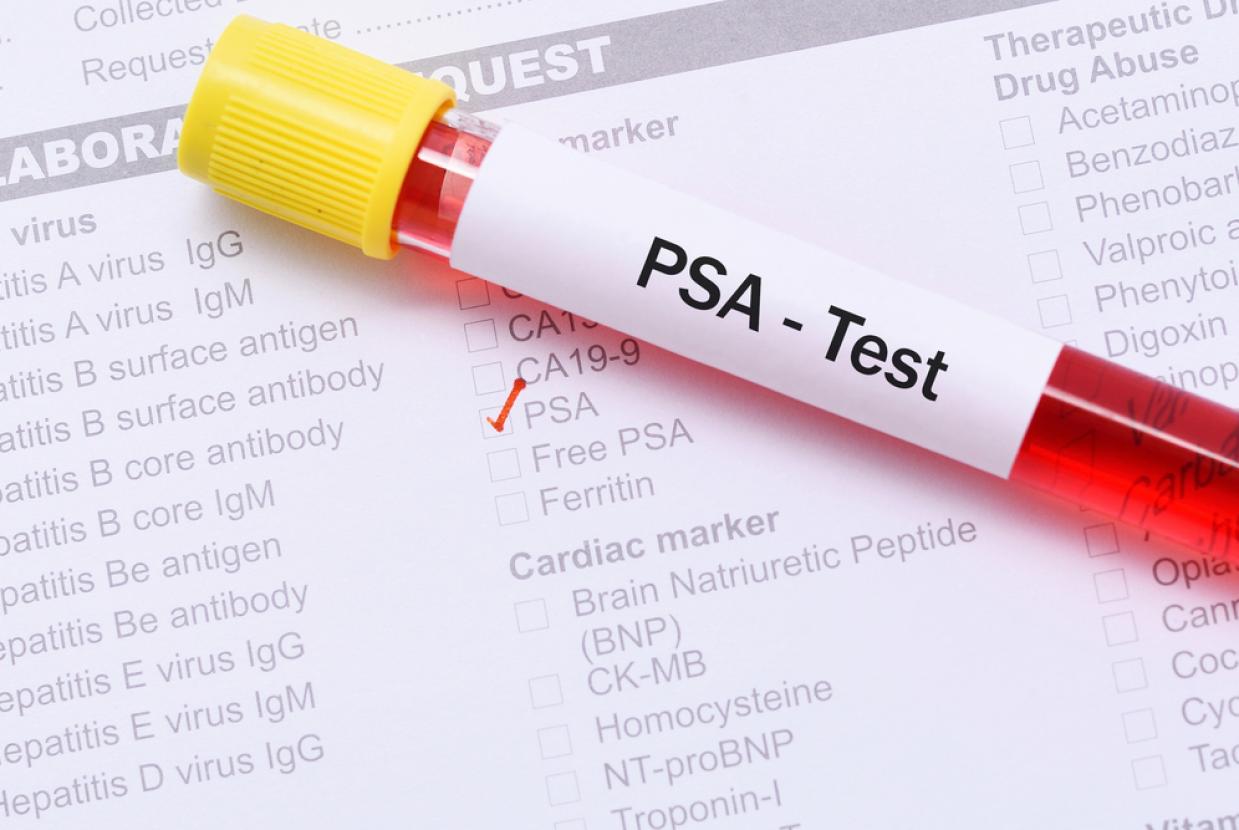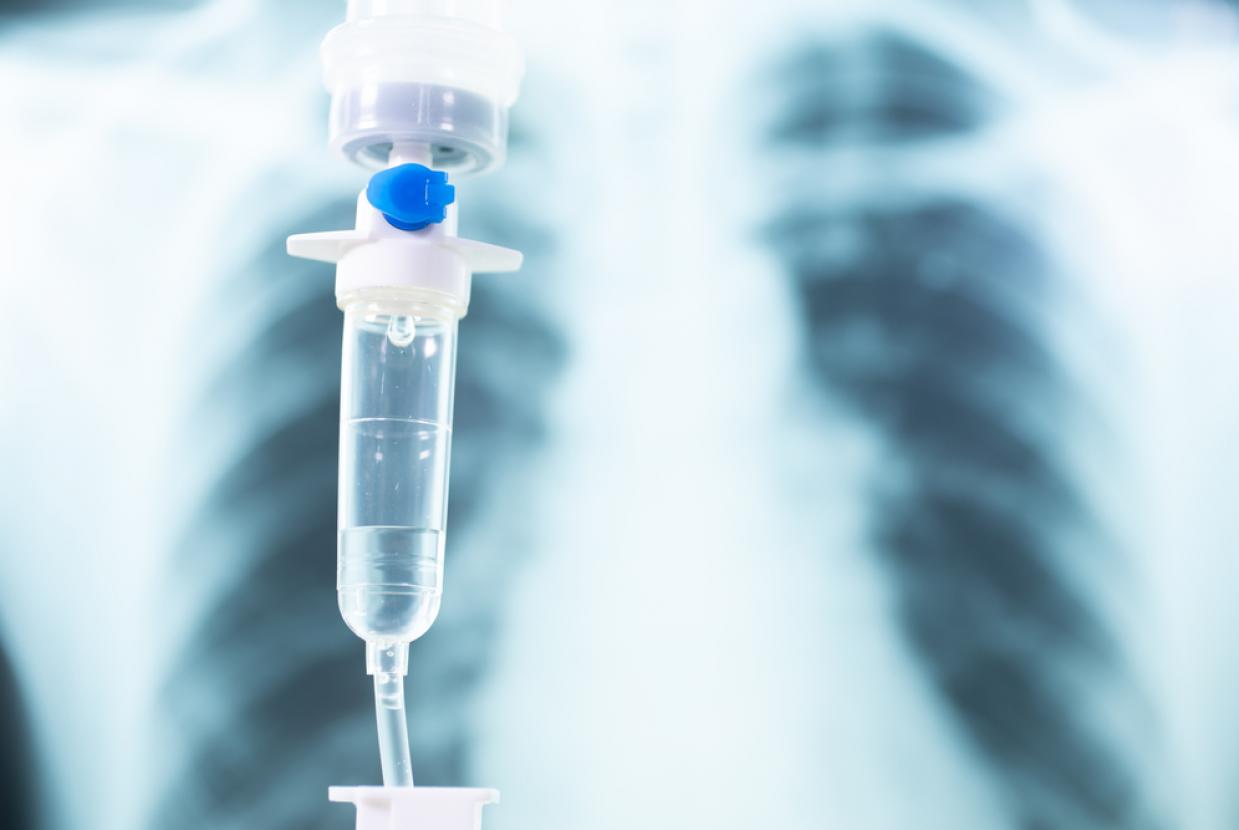Diagnosis
If you experience symptoms of depression for most of the day, every day for more than 2 weeks, you should seek help from a GP. It's particularly important to speak to a GP if you:
- have symptoms of depression that are not improving
- find your mood affects your work, other interests, and relationships with your family and friends
- have thoughts of suicide or self-harm
Sometimes, when you're depressed it can be difficult to imagine that treatment can actually help. But the sooner you seek treatment, the sooner your depression will improve.
There are no physical tests for depression, but a GP may examine you and carry out some urine or blood tests to rule out other conditions that have similar symptoms, such as an underactive thyroid. The main way a GP will tell if you have depression is by asking you questions about your general health and how the way you're feeling is affecting you mentally and physically.
Try to be as open and honest as you can be with your answers. Describing your symptoms and how they're affecting you will help the GP determine whether you have depression and how severe it is.
Any discussion you have with a GP will be confidential. This rule will only ever be broken if there's a significant risk of harm to either yourself or others, and if informing a family member or carer would reduce that risk. This can cause a number of symptoms, such as extreme tiredness and a lack of interest in sex (loss of libido), which can in turn lead to depression.


























































